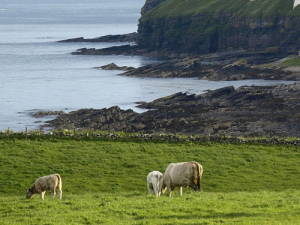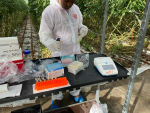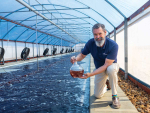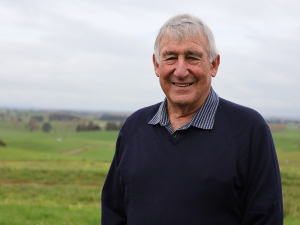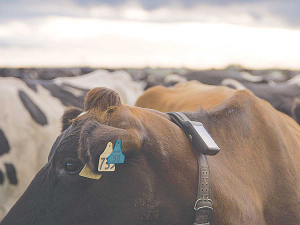About 11 years ago Canadian farmer Joe Dorgan noticed that his cattle in a paddock by the sea were more productive than his other cows.
Dorgan’s cattle were found to be eating storm-tossed seaweed.
Canadian researchers Rob Kinley and Alan Fredeen have since discovered that seaweed not only helped improve the cows’ health and growth, but also reduced their methane production by about 20%.
This led Kinley, who by now had moved to Australian research organisation CSIRO, to team up with other CSIRO scientists and marine algae specialists at James Cook University to test a range of seaweeds.
They have now tested 20 seaweed species and found that they reduce methane production in test-tube samples from cow stomachs by anything from zero to 50%.
However, when the researchers tested a particular type of seaweed collected from Queensland’s coastal waters, they thought their instruments were broken and ran the tests again.
It turned out that Asparagopsis taxiformis reduces methane production by at least 99% in the lab. And unlike other seaweeds, where the effect diminishes at low doses, this species works at doses of less than 2%.
Asparagopsis produces a compound called bromoform, which prevents methane production by reacting with vitamin B12 at the last step. This disrupts the enzymes used by gut microbes that produce methane gas as waste during digestion.
Cows and sheep produce methane, a greenhouse gas 28 times more powerful than carbon dioxide. Despite misconceptions, most cow methane comes from burps (90%) rather than farts (10%).
CSIRO and James Cook University, with funding from Meat and Livestock Australia, are now experimenting further to examine how feeding seaweed to cattle affects production.





